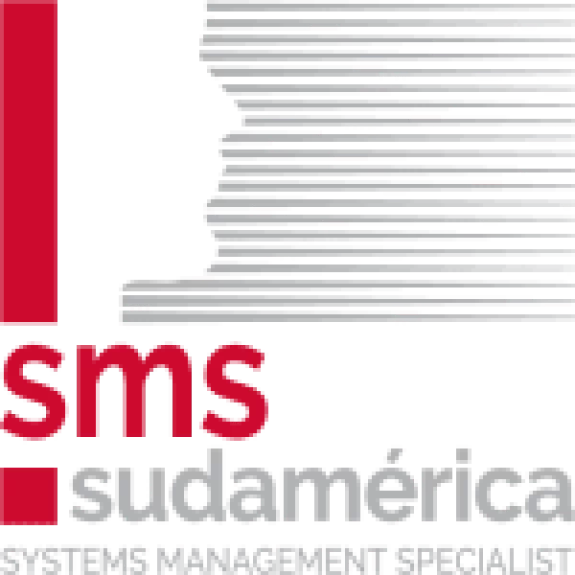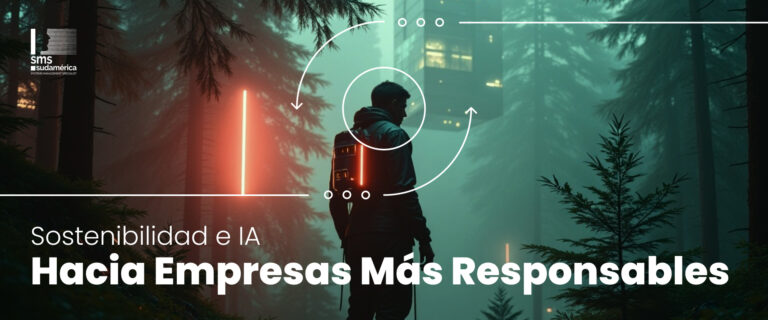Sostenibilidad e IA: Hacia Empresas Más Responsables
Sostenibilidad e IA. La sostenibilidad ya no es solo una tendencia; es una necesidad para las empresas que buscan crecer de manera responsable. En este contexto, la inteligencia artificial (IA) se convierte en una aliada clave, ofreciendo soluciones innovadoras para reducir el impacto ambiental y mejorar la eficiencia operativa.
Desde optimizar el consumo energético hasta reducir desperdicios y mejorar la toma de decisiones estratégicas, la IA está revolucionando la forma en que las organizaciones abordan la sostenibilidad. Su capacidad para procesar grandes volúmenes de datos en tiempo real permite identificar patrones de consumo, detectar ineficiencias y tomar medidas correctivas con rapidez. Por ejemplo, en la gestión energética, los algoritmos de inteligencia artificial pueden prever la demanda y ajustar automáticamente el uso de electricidad en función de las necesidades reales, lo que ayuda a reducir el desperdicio de recursos y las emisiones de carbono. En la cadena de suministro, la IA optimiza rutas de transporte, minimiza costos logísticos y disminuye la huella de carbono gracias a sistemas inteligentes de planificación y distribución.
Pero la inteligencia artificial no solo tiene ventajas; también enfrenta desafíos. Uno de los más relevantes es su propio consumo energético, especialmente en el entrenamiento de modelos complejos. Para mitigar este impacto, es clave desarrollar algoritmos más eficientes y apostar por energías renovables en los centros de datos. Otro reto es la confianza de las empresas en la IA, lo que implica un esfuerzo en educación y transparencia para garantizar su adopción responsable.
Desde la tecnología, podemos impulsar soluciones accesibles y eficientes para que las empresas cumplan con sus objetivos de sostenibilidad. La colaboración entre sectores tecnológicos, académicos y empresariales es esencial para diseñar herramientas que midan y mejoren el impacto ambiental. Asimismo, es fundamental que las políticas corporativas fomenten el uso responsable de la IA, garantizando su alineación con los principios de sostenibilidad y responsabilidad social.
En definitiva, la inteligencia artificial no solo ayuda a optimizar recursos y reducir impactos negativos, sino que también impulsa un modelo de negocio más consciente y preparado para los desafíos del futuro. Implementarla de manera responsable es la clave para construir un mundo más sostenible.
Nota por: Alejandro Diz Ramos

